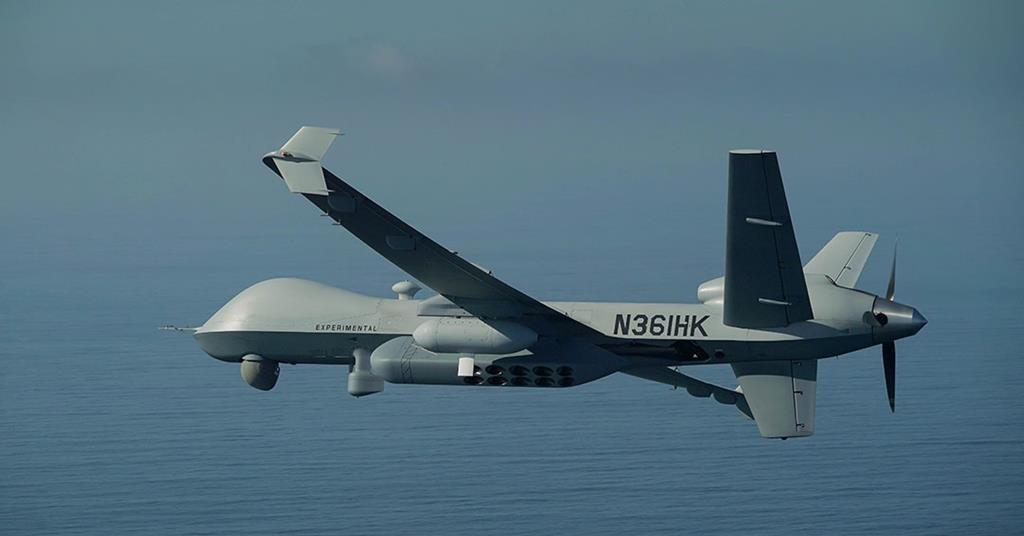
US Poised to Approve Major Sale of Advanced MQ-9 Reaper Drones to Saudi Arabia
In a significant move that would reshape regional defense partnerships, the United States is preparing to pave the way for a major arms transfer to the Kingdom of Saudi Arabia. According to a Reuters report, the Trump administration is set to modify a key 1987 arms control treaty, a decision that would directly enable the sale of over 100 advanced MQ-9 Reaper unmanned aerial vehicles (UAVs) to Riyadh.
The proposed deal, initially requested by Saudi Arabia earlier this year, was announced during President Trump’s visit to the Saudi capital in May. The planned treaty modification is seen as a strategic step that would remove existing restrictions on the sale of advanced offensive drones to foreign nations, potentially opening a substantial new market for American defense contractors.
Saudi Arabia’s Growing Defense Profile
This potential arms transfer aligns with Saudi Arabia’s significant and growing investment in its military capabilities. Data indicates that in 2024, the Kingdom allocated approximately $75.8 billion to its military sector, ranking it fifth globally in defense spending and first among all Arab nations.
Projections for 2025 show a further increase, with Riyadh’s military budget set to reach $78 billion. This substantial expenditure represents 21% of the government’s total spending and accounts for 7.1% of the nation’s Gross Domestic Product (GDP), underscoring a deep commitment to national security and modernization.
Capabilities of the MQ-9 Reaper Drone
The MQ-9 Reaper is a formidable multi-role UAV system, offering a suite of advanced capabilities:
- Operational Range: In excess of 1,800 kilometers.
- Flight Endurance: Capable of remaining airborne for up to 27 hours continuously.
- Service Ceiling: Can operate at altitudes of approximately 15 kilometers.
- Speed: Capable of speeds over 400 kilometers per hour.
- Armament: Can be equipped with Hellfire missiles and laser-/GPS-guided bombs (GBU-12, GBU-38).
- Primary Roles: The platform is designed for intelligence, surveillance, and reconnaissance (ISR) missions, as well as precision strike operations against ground targets.


